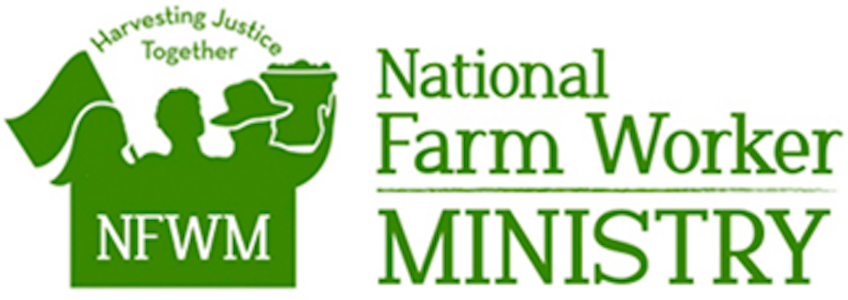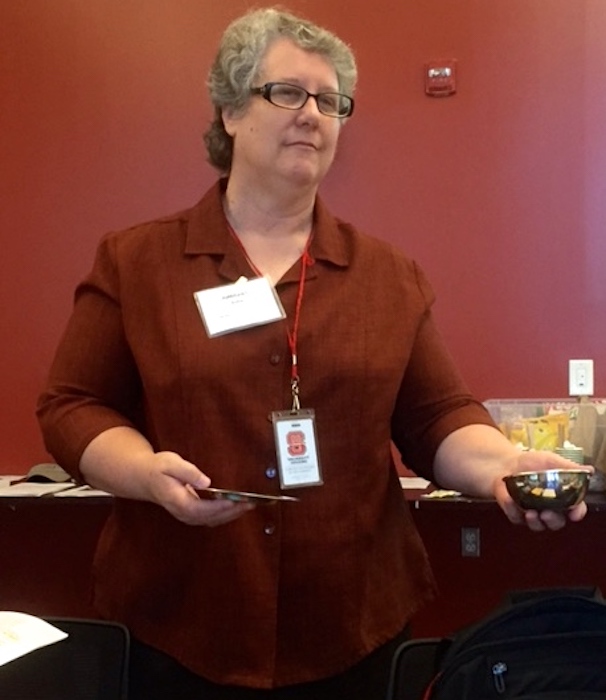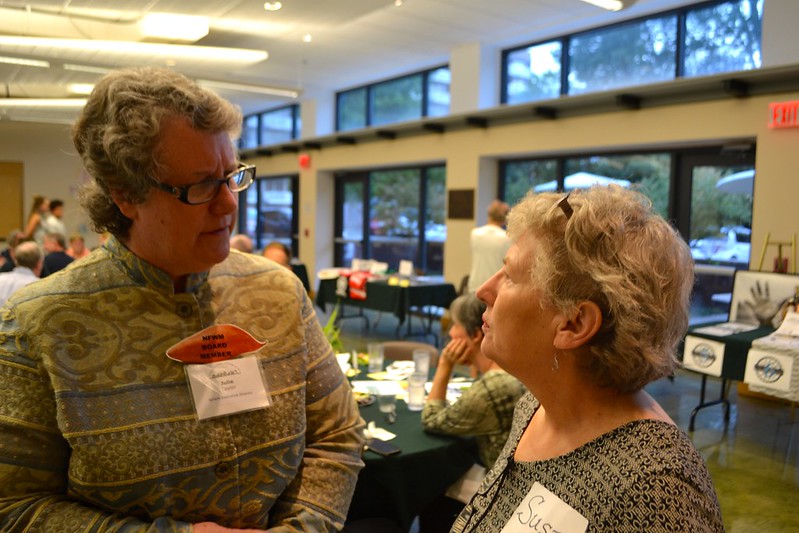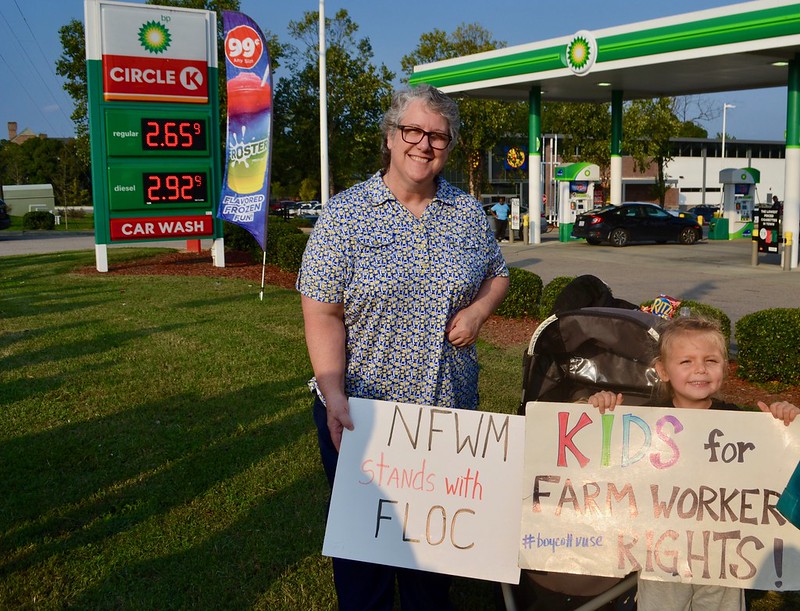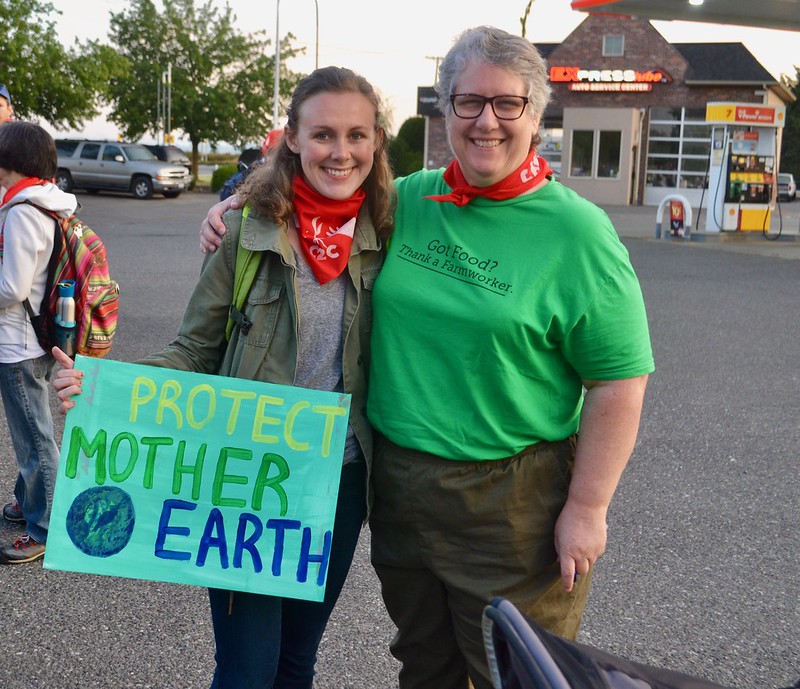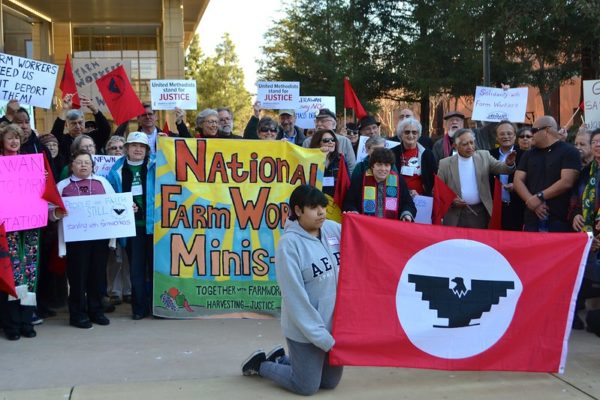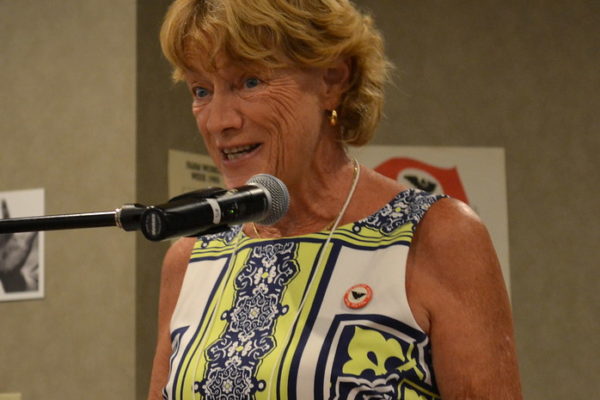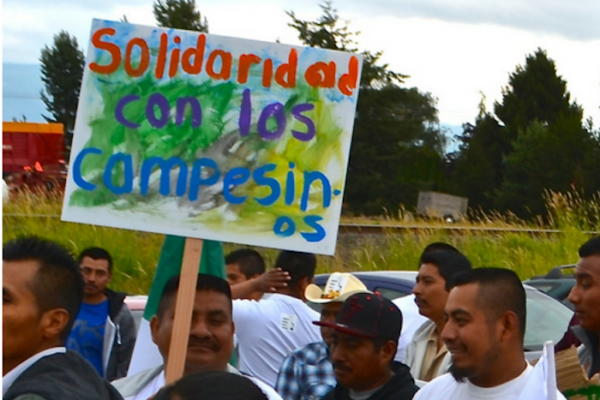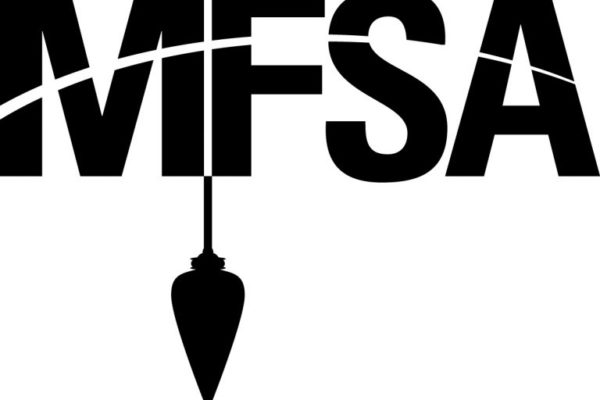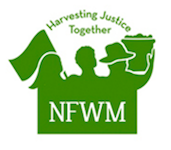“We are telling the history of how people of faith were part of the [farm worker] movement. We are looking at people of faith who give their efforts, their power, their prayers to the farmer worker community,” said Julie Taylor, Executive Director of the NFWM, about the 50 for 50 project. “It’s a story that farm workers inspire in us.”
Julie became executive director in 2015 after previously serving on the board for 13 years. Her time as executive director has been a time of transition for the Ministry, Julie explained. Over the years, the NFWM has supported its farm worker partners by providing staff and becoming actively involved in their campaigns, but a strategic planning effort by the board shortly before Julie’s appointment as executive director pointed to a need to increase the involvement of the faith community.
“We’ve [NFWM] been up and down about the nature of our work and how we aid the farm workers – we’ve given them staff over the years and we’ve done a lot for our farm worker partners but the board felt that what we really need to do is build our capacity to mobilize the faith community. That’s what I’ve been trying to push us to, Julie said. “We want to bring more of the faith community and people of conscience to the movement.”
Julie joined the NFWM board in 2000 as a representative of the United Methodist Women. Joining the board was an educational experience, she said as she recalled her first meeting in 2000 at La Paz, the home of the United Farm Workers and location where Cesar Chavez lived and worked – and is now buried.
“That first meeting, they brought in farm workers to eat with us and tell us what was happening to them. I thought ‘we don’t hear this on the news. This is wrong.’” She recounts driving to Delano, California with Chris Hartmire, NFWM’s first Executive Director, and long-time board members Olgha Sierra Sandman and her late husband Bob. “I left [the meeting] thinking this is going to be so fun because these people really care. I did everything I could to go to the meetings. I felt really committed to them. Even if I had not become executive director, I would still be a supporter because it means that much – and I got that from my first meeting.”
Despite Julie’s many contributions to NFWM through her time as a board member and her time as executive director, her focus consistently turns to the contributions of others, from those who have dedicated years to those whose time in the movement was short but critical. “Every step along the way paves the way for what happens the next day,” she reflected. She has great respect for the Ministry’s history and the many people and contributions that have built and molded the organization over the years.
“The relationships with the farm workers, the intimacy of the stories they share with you – it’s like they’re giving you this gift of ‘this is what has happened to me.’ They entrust you with their story and they want you to tell it,” she said. “It’s about showing up. It’s family.”
